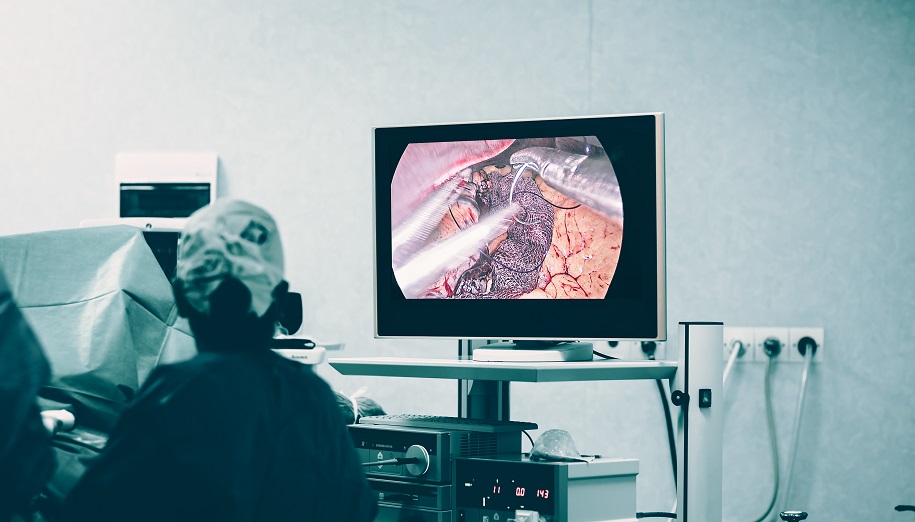
November 7, 2022
Gastrointestinal surgery, as the name suggests, is a procedure performed to treat conditions that affect the digestive tract. It may involve one or more body parts, such as the stomach, intestines, liver, esophagus, gallbladder, appendix, and pancreas. The good thing is, unlike open or traditional surgeries, gastrointestinal surgeries are minimally invasive in nature. Some other notable benefits of minimally invasive gastrointestinal surgeries include – fewer complications, less scarring, and quick recovery. Continuing the discussion, here’s a list of the three common minimally invasive gastrointestinal surgeries performed by General Surgeons in Fort Worth, TX.
1. Robotic Cholecystectomy
Robotic Cholecystectomy (also known as Laparoscopic Cholecystectomy) is a surgical procedure performed to remove the gallbladder that is responsible for the collection and storage of bile (a digestive fluid produced by the body). The removal becomes unavoidable when the accumulation of gallstones in the gallbladder starts blocking the flow of bile, leading to complications in the digestive tract accompanied by pain and other symptoms. It’s a minimally invasive procedure that uses robots to decrease the risk of bile duct injury, and patients who opt for robotic cholecystectomy can go home the same day.
2. Hernia Surgery
Hernia is a condition wherein the patient’s organ or fatty tissue tends to push through the surrounding muscle wall or connective tissues. This leads to a bulge or swelling in areas such as groin (inguinal hernia) and umbilicus (umbilical hernia). The need for surgery depends on the hernia’s size and the symptoms. If the patient experiences symptoms such as sudden intense pain, change in bulge color, fever, constipation, vomiting or nausea, the patient must consult our general surgeons in Fort Worth, Texas to ascertain if there’s a need for surgery. In case the surgeon suggests surgery, the procedure will involve treating the condition through a minimally invasive laparoscopic procedure that just requires some small incisions. Laparoscopic hernia surgery helps patients escape the pain, discomfort, and risks involved in a traditional open surgical approach.
3. Colorectal Surgery
Colorectal surgery is a type of GI surgery that helps resolve complications related to the colon, rectum, and anus. It is done to treat colon- and rectum-related conditions such as appendicitis, colon cancer, rectal prolapse, and diverticulitis. Colorectal surgery is a minimally invasive procedure that involves making 4 or 5 tiny incisions to insert the laparoscope and tools required to repair damage to the colon, rectum, or anus. There are different types of colorectal surgery procedures such as colostomy, ileostomy, ileoanal anastomosis, endoscopic surgery, and colectomy. Consult a DFW general surgeon to learn more.
Last word
The number of patients opting for laparoscopic surgeries has increased exponentially. This is all thanks to its minimally invasive nature that reduces the risks involved with surgery and promotes quick recovery. DFW Bariatrics and General Surgery provides robotic bariatric surgery using state-of-the-art machinery, ensuring complete patient comfort, safety, and recovery. To book an appointment, call 469-620-0222 or fill out our contact form.
